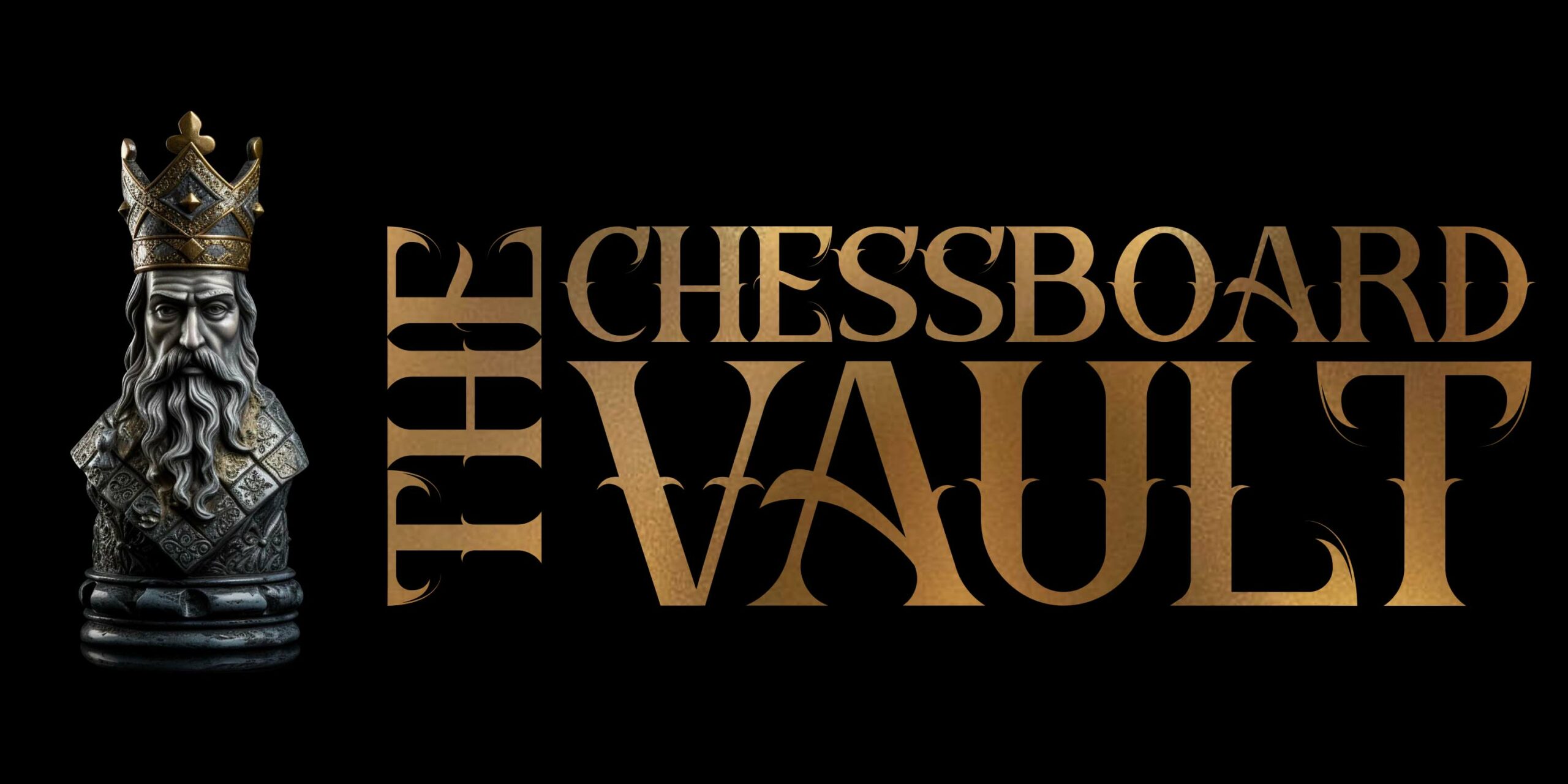Chess, a game with a rich history dating back over a millennium, is celebrated for its intricate strategy and profound complexity. Beyond its reputation as a pastime for intellectuals and enthusiasts, chess is increasingly recognized for its cognitive benefits, particularly in the realm of memory enhancement. This ancient game challenges players to engage in deep concentration, strategic planning, and critical thinking, making it an excellent exercise for the brain. The question of whether chess can actually improve memory has intrigued scientists, educators, and chess aficionados alike, leading to a burgeoning field of research dedicated to uncovering the cognitive impacts of this timeless game.
Chess involves not just the memorization of positions and possible moves, but also the active engagement of analytical skills, anticipation of an opponent’s strategies, and adaptation to constantly changing scenarios on the board. These cognitive demands are believed to stimulate brain function, potentially leading to improved memory and other cognitive abilities. As we delve into the intersection of chess and cognitive enhancement, this article aims to shed light on the scientific evidence supporting the claim that chess can indeed enhance memory, offering insights into how engaging in this strategic game might contribute to cognitive development and mental agility. By understanding the mechanisms through which chess influences memory, individuals may find compelling reasons to embrace the game as a tool for cognitive improvement.
Understanding Memory and Cognitive Functions
Memory is a fundamental aspect of human cognition, encompassing the processes involved in encoding, storing, and retrieving information. It is typically categorized into three main types: short-term memory, which holds information for a brief period; long-term memory, where information is stored indefinitely; and working memory, a form of short-term memory that allows us to hold and manipulate information in our minds in real-time. Each type plays a crucial role in our daily interactions and learning processes, enabling us to function effectively in our environment.
Cognitive functions are the mental processes by which we perceive, think, reason, and remember. These include attention, memory, language skills, visual and spatial processing, and executive functions, such as problem-solving and planning. Cognitive functions are essential for interpreting and interacting with the world around us. They allow us to process sensory information, make decisions based on past experiences, and plan future actions.
The relationship between memory and other cognitive functions is intricate and interdependent. For instance, executive functions rely on working memory to perform tasks that require holding and manipulating information, such as solving complex problems or planning a sequence of activities. Similarly, improvements in attention can enhance memory retention by allowing us to focus more effectively on the task at hand, thereby facilitating better encoding of information.
Understanding how memory and cognitive functions operate and interact is vital for exploring how activities like chess can influence cognitive development. Chess requires players to remember and recognize patterns, anticipate opponents’ moves, and strategize several steps ahead, engaging multiple cognitive domains simultaneously. This multifaceted cognitive engagement is believed to stimulate and strengthen neural pathways, potentially leading to improved memory and enhanced cognitive functions. By examining the cognitive demands of chess, we can gain insights into how it may serve as an effective tool for cognitive enhancement, particularly in the realm of memory improvement.
Chess as a Cognitive Enhancer
Chess is not merely a game of skill and strategy; it’s a powerful cognitive enhancer that stimulates multiple facets of the brain. As players engage in the game, they are required to use a variety of cognitive processes, including memory, attention, problem-solving, and critical thinking. This complex interplay of mental skills makes chess an effective tool for cognitive development and enhancement.
The game of chess demands a high level of concentration and mental endurance. Players must focus intensely on the board, analyzing the positions of pieces, predicting opponents’ moves, and formulating strategies. This sustained focus improves attentional skills, allowing for better control over distractions and enhancing the ability to concentrate on tasks in everyday life.
Chess also fosters advanced problem-solving abilities. Each move on the chessboard presents a new problem that requires a solution. Players must evaluate multiple variables and potential outcomes, developing an ability to think both critically and creatively. This skill in navigating complex problem spaces translates well to real-world scenarios, where decision-making often involves assessing various options and their possible consequences.
Moreover, chess enhances memory by requiring players to recall the rules of the game, remember previous games, and recognize patterns and sequences. This constant exercise of the memory muscles can lead to improvements in both short-term and long-term memory capabilities. The strategic aspect of chess, involving planning several moves ahead, similarly exercises and strengthens the working memory, crucial for tasks that require holding and manipulating information.
The cognitive benefits of chess extend beyond the game itself. Research suggests that regular chess playing can lead to improvements in cognitive abilities that are transferable to other domains, including academic performance, problem-solving in unfamiliar contexts, and general mental agility. Thus, chess serves as a comprehensive cognitive enhancer, stimulating intellectual growth and enhancing cognitive functions across a wide spectrum.
Scientific Evidence on Chess and Memory Improvement
The link between chess and cognitive enhancements, particularly in memory improvement, has been the subject of numerous scientific studies. These research efforts aim to empirically validate the anecdotal claims that chess can serve as a significant tool for boosting memory and overall brain function. The evidence gathered from various studies highlights the positive impact of chess on cognitive abilities, with a notable emphasis on memory enhancement.
One landmark study published in the “Journal of Educational Psychology” found that individuals who regularly played chess showed significant improvement in both visual and verbal memory compared to those who did not engage in the game. The study attributed these improvements to the demands chess places on players to remember complex positions, anticipate opponents’ moves, and strategize future actions, thereby exercising and strengthening memory-related neural pathways.
Further research in the field of cognitive neuroscience has explored how chess affects the brain’s structure and function. Functional MRI (fMRI) studies reveal that playing chess activates several areas of the brain involved in memory processes, including the prefrontal cortex and the hippocampus. These areas are critical for memory formation, storage, and retrieval. Regular engagement in chess was shown to enhance the efficiency and connectivity of these brain regions, leading to improved memory performance.
Another significant piece of evidence comes from studies conducted in educational settings. Schools that have integrated chess into their curriculum reported not only an increase in students’ memory capacity but also improvements in mathematical skills and reading comprehension. These findings suggest that the cognitive benefits of chess extend beyond memory, facilitating overall academic achievement.
These scientific investigations provide a solid foundation for the argument that chess can effectively improve memory. By challenging the brain to navigate complex problems and remember vast arrays of information, chess acts as a comprehensive cognitive exercise, fostering not only memory enhancement but a broader spectrum of cognitive improvements.
How Chess Improves Memory
Chess improves memory through a multifaceted approach to cognitive engagement, leveraging the complexity and strategic depth of the game to exercise various forms of memory, including visual-spatial memory, short-term memory, and long-term memory. The intricate nature of chess, with its rules, numerous possible moves, and the need for strategy, compels players to utilize and thereby strengthen these memory components.
Visual-spatial memory is significantly engaged in chess as players must visualize the board, remember the positions of pieces, and anticipate potential moves in their mind’s eye. This form of memory is crucial for understanding and navigating physical space in the real world. Regular chess playing hones this ability, allowing individuals to better remember and process spatial information.
Short-term and working memory are exercised through the necessity of keeping track of the opponent’s recent moves and planning several moves ahead. This demands the temporary storage and manipulation of information, a process that is akin to juggling multiple pieces of data in one’s mind. Over time, this can lead to enhanced capacity and efficiency of short-term and working memory, which are essential for a wide range of everyday tasks and learning new information.
Long-term memory benefits from the repeated patterns and strategies inherent in chess. Players often study famous games, openings, and endgames, committing these to memory for future use. This practice not only improves the ability to recall information from long-term memory but also aids in the formation of new long-term memories by establishing connections between previously known information and new knowledge.
Furthermore, the act of recalling past games, moves, and outcomes is a powerful exercise in memory retrieval, strengthening neural pathways and making future recall faster and more accurate. The strategic planning involved in chess also enhances executive functions, which are closely linked to memory processes, particularly in organizing and retrieving information.
By engaging multiple cognitive domains, chess acts as a comprehensive memory-enhancing activity, demonstrating that the benefits of playing extend far beyond the game itself, influencing cognitive abilities in ways that support academic achievement, problem-solving, and daily living skills.

